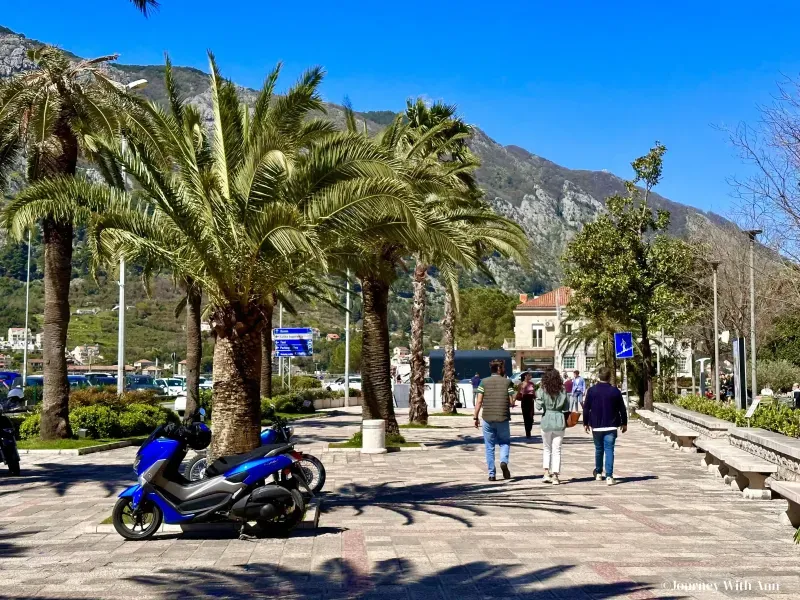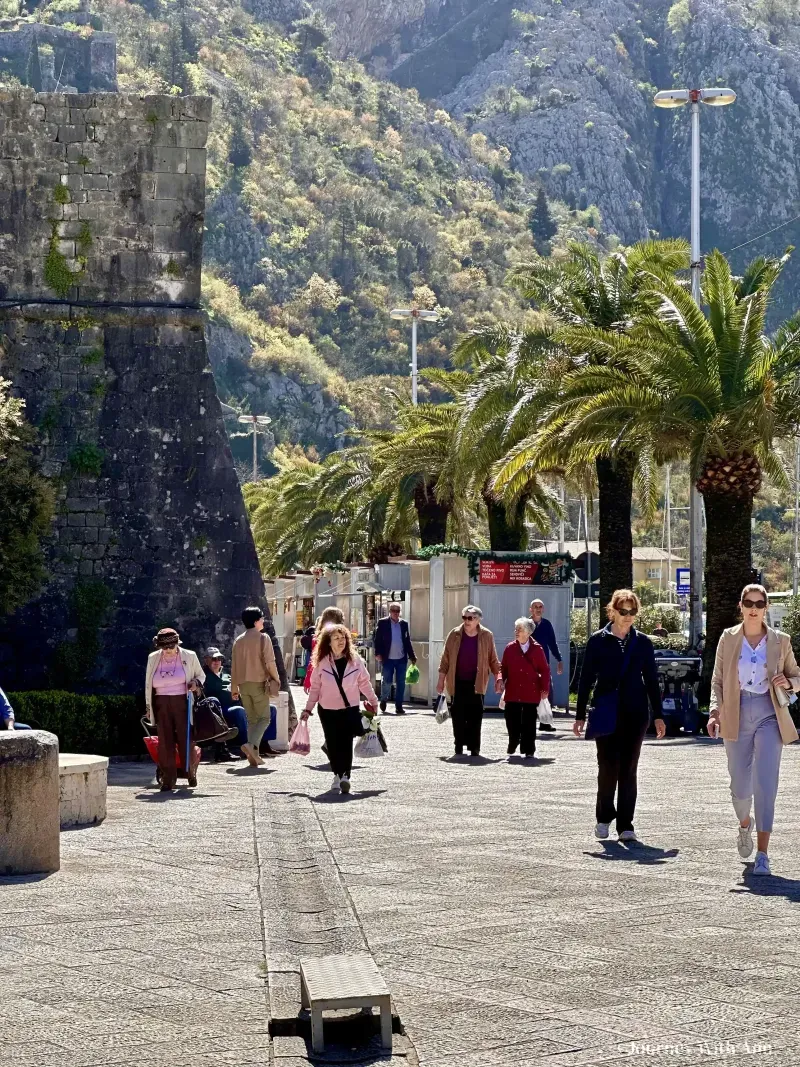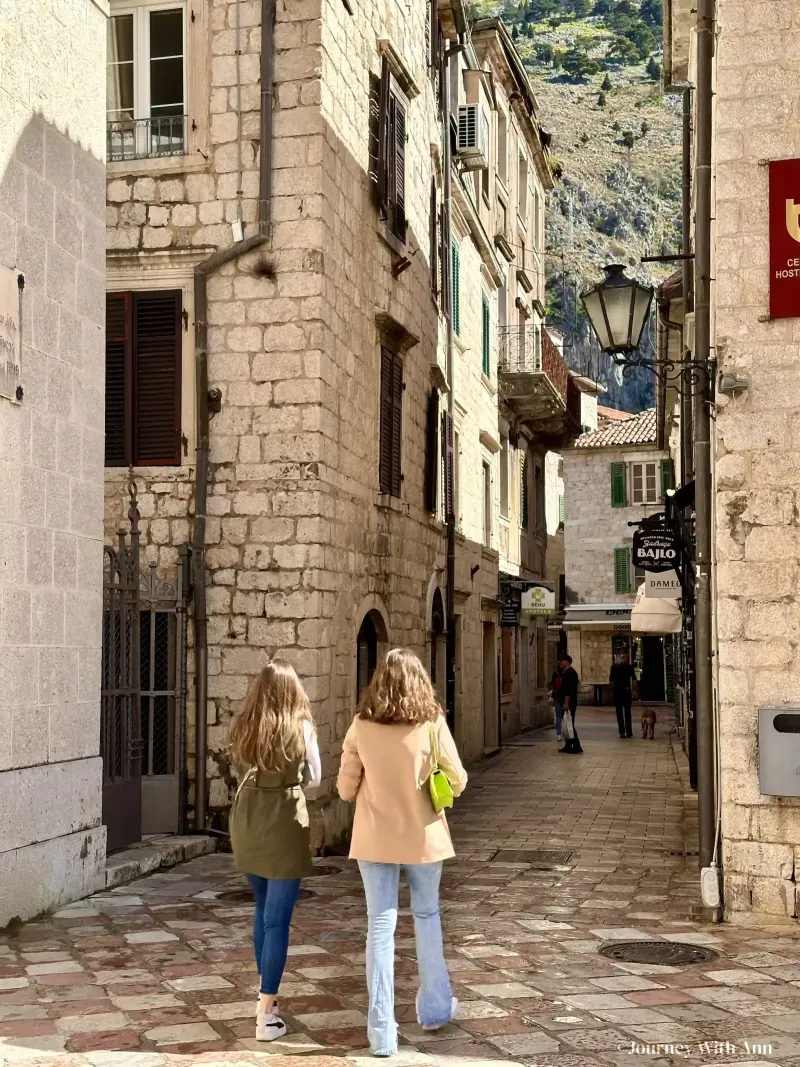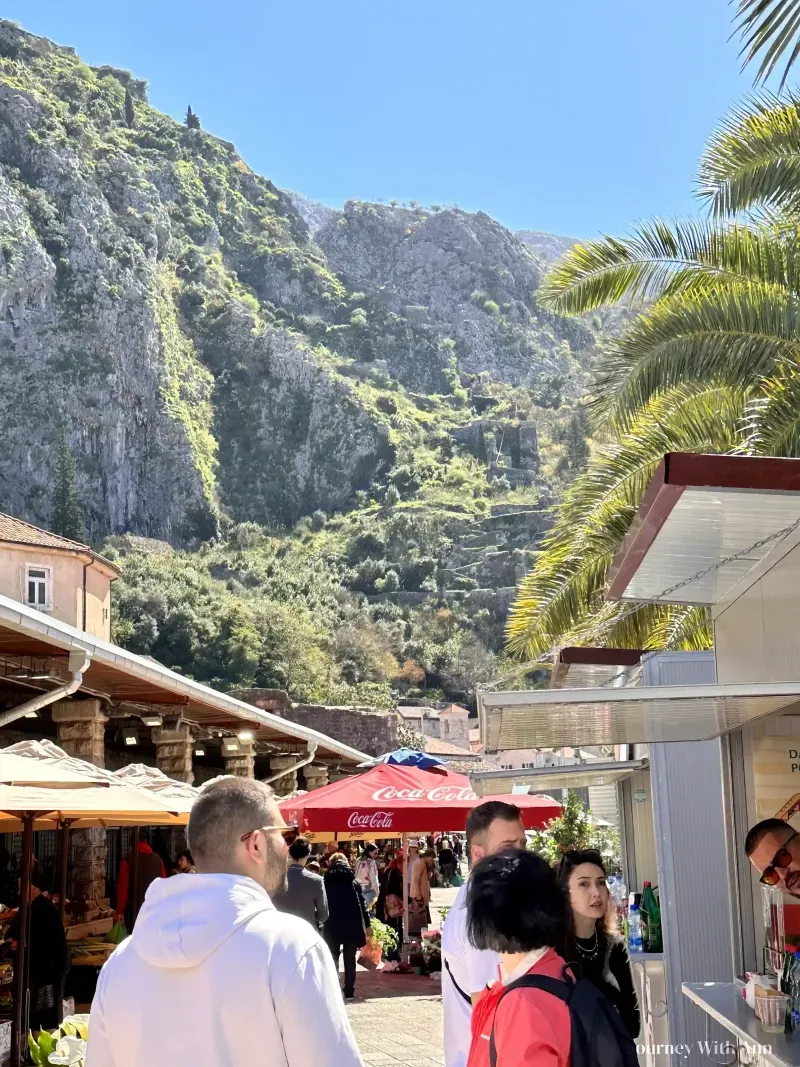Compact and Charming: Kotor's Old Town
At the heart of Kotor's appeal is its Old Town, a UNESCO World Heritage site that is remarkably well-preserved. Enclosed by imposing medieval walls that stretch over 4 kilometers, the Old Town is a compact labyrinth of narrow alleys, quaint squares, and ancient structures. Its design inherently encourages exploration on foot, allowing visitors to soak in the atmosphere at their own pace. Here, every cobblestone path tells a story, leading to historic landmarks such as the Cathedral of Saint Tryphon, the Maritime Museum, and the Church of Saint Luke.
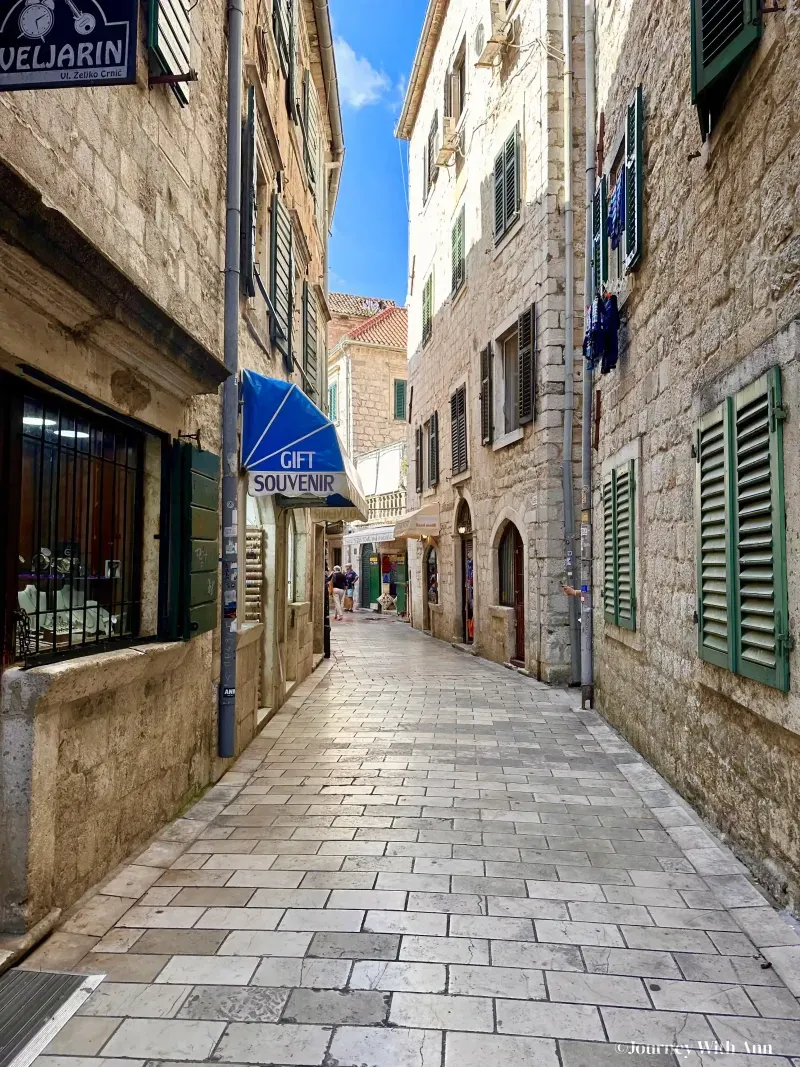
Accessibility and Pedestrian Zones
Kotor's Old Town is predominantly a pedestrian zone, where vehicular access is restricted. This makes it an ideal environment for walkers who can freely navigate without the concern of traffic. The city's layout is intuitive, making it easy for visitors to wander without getting lost. Signage and information plaques are strategically placed around major sites, offering insights and guiding pedestrians through their journey.
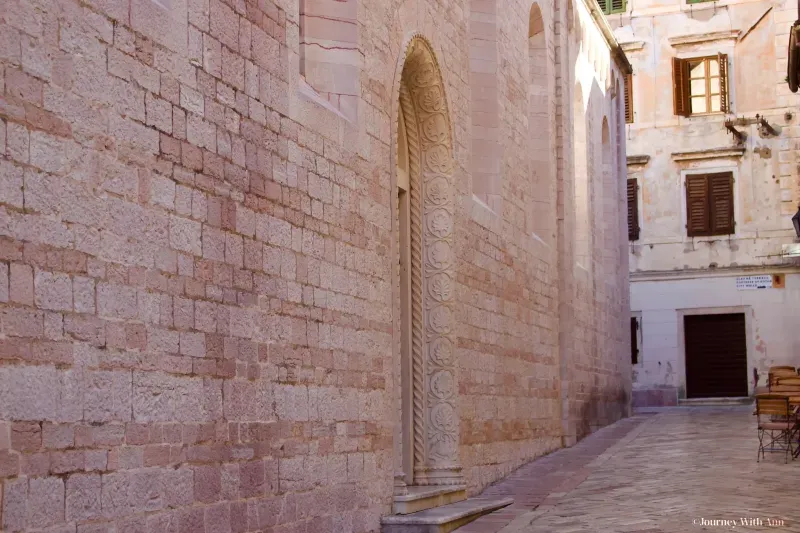
Stairways to Stunning Views: The Fortifications of Kotor
For those willing to tackle a bit of a climb, the walk up to the Fortress of Saint John (San Giovanni) is a must. This challenging ascent, comprising approximately 1,350 steps, rewards hikers with breathtaking views of the bay, the city, and the surrounding mountains. The path is accessible from the Old Town and can be completed at a leisurely pace, with several spots to rest and take in the scenery.
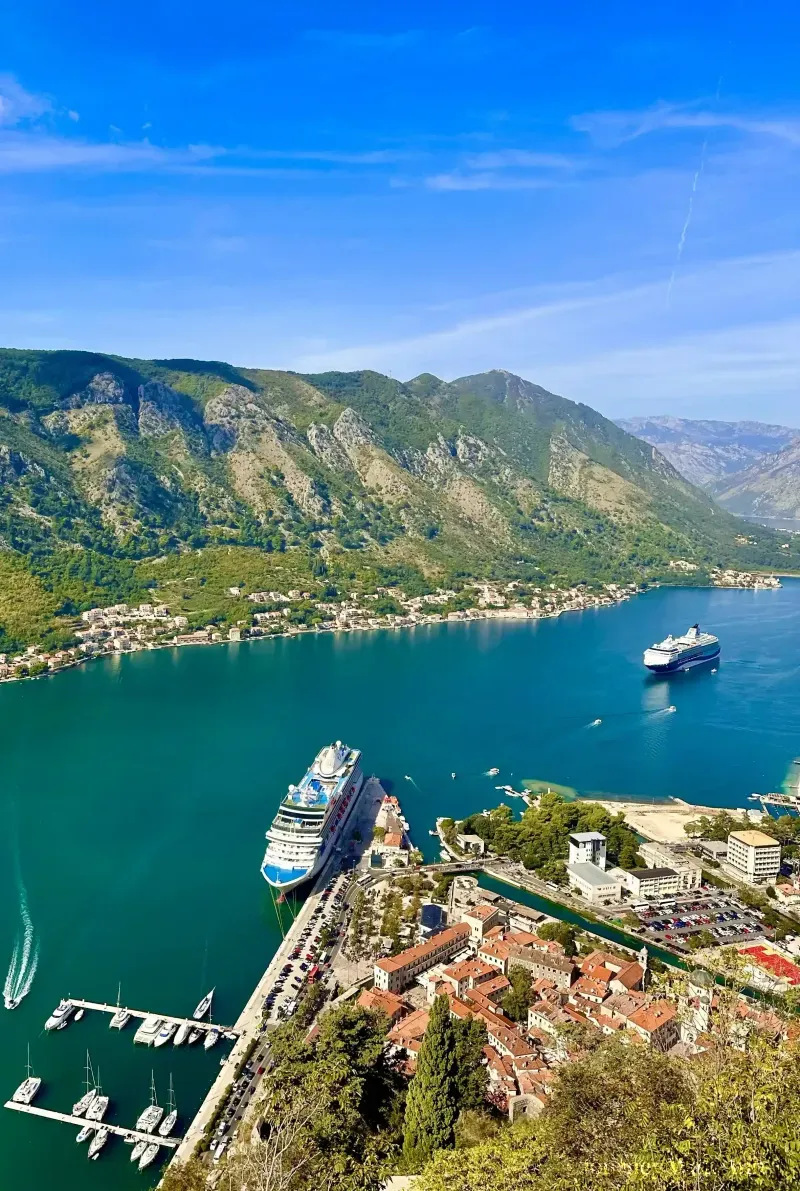
Exploring Beyond the City Walls
Kotor's walkability extends beyond the Old Town. A leisurely stroll along the Bay of Kotor offers picturesque vistas and leads to charming neighboring villages such as Dobrota and Muo. These areas provide a quieter, more relaxed walking experience, with opportunities to admire traditional Montenegrin architecture, serene waterfronts, and local life. It’s worth noting that the pedestrian zones around the city aren’t as wide as those in Kotor’s Old Town. However, you can still easily explore on foot at your own pace while taking in the stunning beauty of Montenegro.
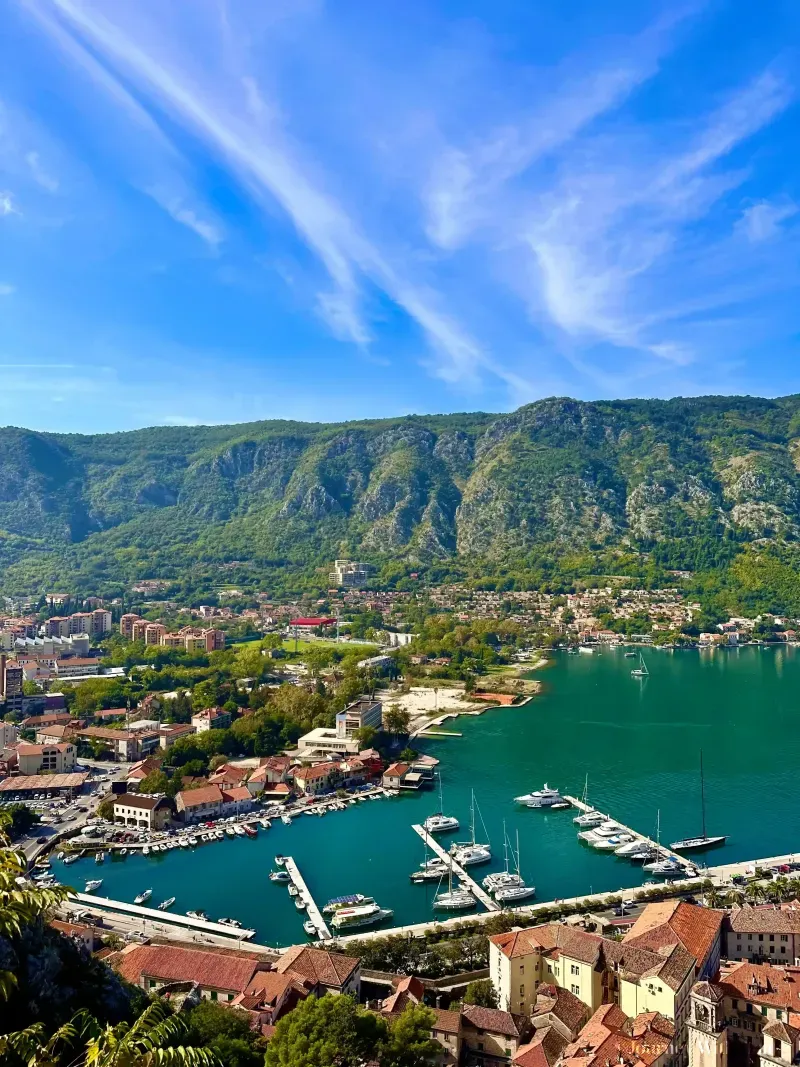
Practical Tips for Pedestrians
- Footwear: The cobblestone streets and steps to the fortress demand sturdy, comfortable shoes.
- Weather Considerations: Summers in Kotor can be hot; early morning or late afternoon walks are advisable to avoid the midday sun. The spring and autumn months offer milder temperatures, ideal for walking.
- Stay Hydrated: Carry water, especially if you plan to climb to the fortress or explore beyond the Old Town.
- Respect the Locals: Kotor is not just a tourist destination but also a living community. Visitors are encouraged to respect private property and maintain the tranquility of residential areas.
Conclusion
Kotor, Montenegro, is a highly walkable destination, seamlessly blending history, natural beauty, and pedestrian-friendly streets. If you're staying in the city, you can easily reach any point on foot. Alternatively, you can arrive in Kotor by any convenient means and explore it at your own pace. Whether wandering through the Old Town’s alleys, hiking up to ancient fortifications, or strolling along the scenic bay, Kotor offers a truly memorable experience for those who prefer to explore on foot.
